5 web browsers you should use instead of Google Chrome or Edge

Google Chrome and Microsoft Edge dominate the world of web browsers, but they’re not for everyone. Whether you want a browser that better respects your privacy or need an app that does things a little bit differently, you don’t have to stick to the usual suspects.
There’s a world of alternative web browsers out there if you want to give something new a try. Here, we’ve put together five excellent options, with each one bringing fresh new ideas to the table. So, if you’re sick of Chrome and Edge, take one of these browsers for a spin.
Arc
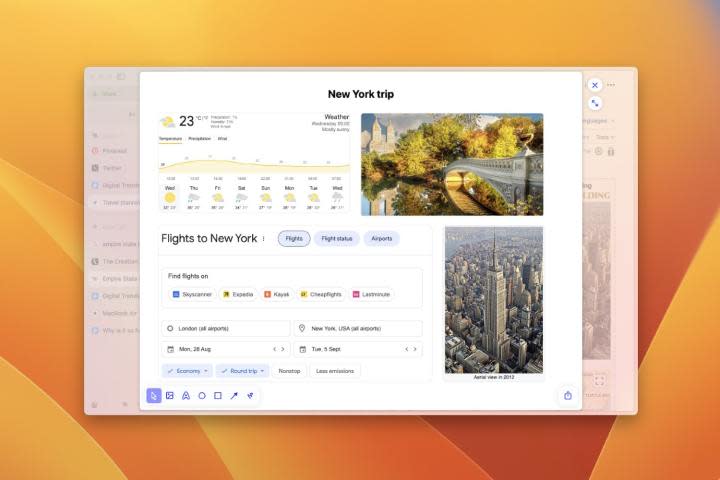
Arc does things differently in almost every way you can think of. It’s full of little innovations that add up to an all-new way of browsing. Yet it’s familiar enough that the learning curve is minimal, meaning you don’t need to put in countless hours just to come to grips with it.
Look around and you’ll quickly see its interesting new ideas. You can cycle through your open tabs in the same way you Alt-Tab/Command-Tab through desktop apps. There’s a built-in command bar that lets you perform tasks just by typing (just like Spotlight in macOS). And there’s even a miniature Arc browser for when you want to quickly fetch information without clogging up your main window.
One my favorite Arc features is the Easel. Here, you can store web page snippets — including live ones that update in real time — on a single large canvas. This is perfect for planning a holiday or a home makeover, and functions like your own in-app Pinterest board.
There are so many clever features like this that Arc has quickly become one of the best Chrome and Edge alternatives there is. Give it a go and you’ll quickly see why.
Firefox
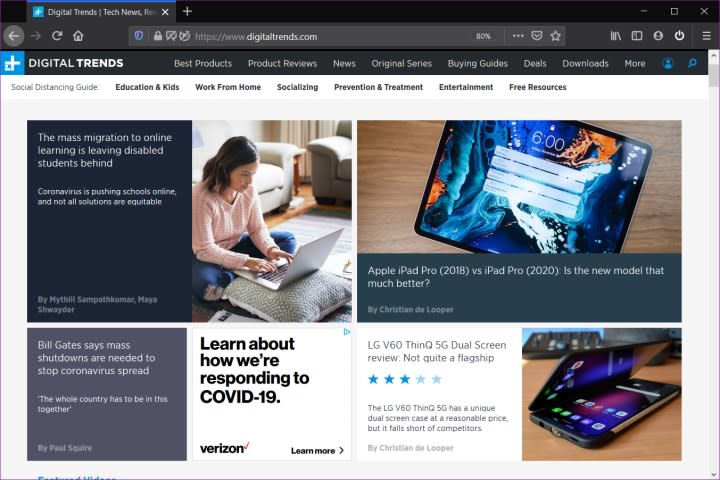
I’m a real Firefox loyalist, having used it for well over 15 years now. But I haven’t stuck around because of inertia: This app is genuinely one of the best browsers you can use for a host of great reasons.
It’s built by a nonprofit that puts privacy rights at the heart of the way it works, so you know there’s no funny business of the sort you might expect from Google or Microsoft. It’s not just a philosophical stance, either — Firefox comes bundled with a bunch of privacy-preserving features. It prevents user fingerprinting (meaning it stops trackers from building a profile of your activities), blocks ad trackers from the word go, protects you from cross-site cookies, and comes with a free password manager. It all contributes to a better browsing experience.
But there’s much more to Firefox than just privacy. I love how I can quickly send tabs from one device to another using its cross-platform syncing. It also has a large and thriving community of extension developers, so you’re spoiled for choice if you need to add some extra functionality to your browser. That makes it a leading contender to replace Chrome and Edge on your computer.
Opera GX
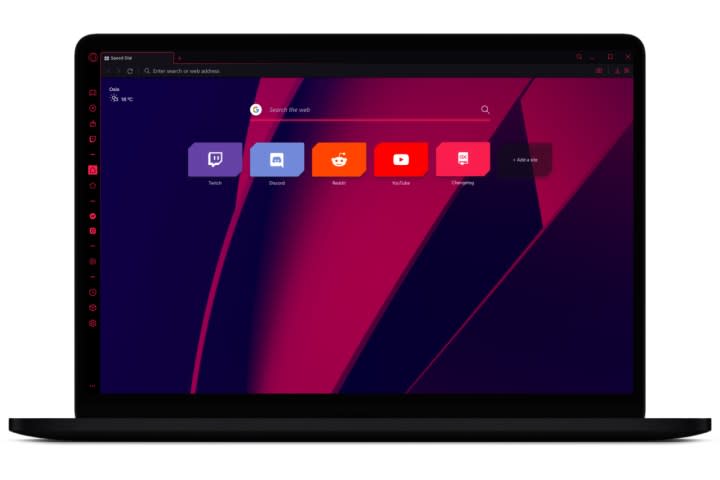
If you’re a gamer, you’ll have a set of requirements that will help you get more from your computer. You don’t want other apps hogging system resources that should be going toward your game, for example, and you might want to have services like Twitch and Discord within easy reach.
The Opera GX browser is tailor-made for gamers, and it gives you these capabilities along with a whole lot more. For example, you can set limits on your CPU, memory, and network consumption to ensure optimal gaming performance. Or you can use its included artificial intelligence assistant to quickly perform tasks that would otherwise slow you down.
It also has a ton of built-in connections to other apps, from Twitch and Discord to Spotify and WhatsApp. So instead of having to fire up these apps or navigate to these websites while you’re busy gaming, you can get right into your favorite services with just a click or two.
DuckDuckGo
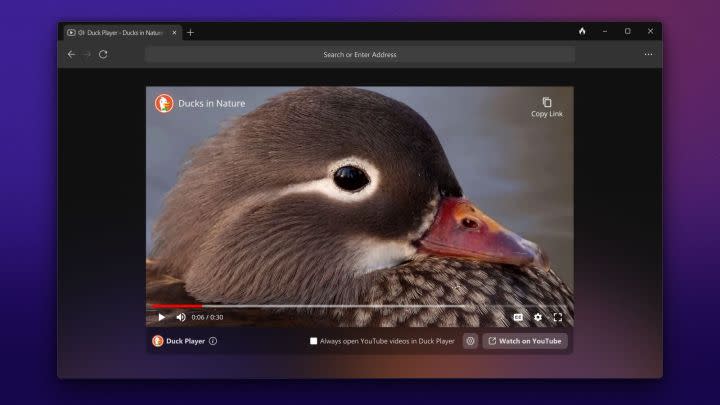
If privacy is your top priority, DuckDuckGo is the browser for you. Everything it does is designed to protect you online and keep your private data out of the hands of trackers and data brokers looking to sell it for profit.
Take DuckDuckGo’s custom search engine, for instance. This never saves any personal data that could link you to your searches, meaning your IP address and unique identifiers are never logged. Unlike Google, there’s nothing for advertisers to gather up and sell.
The DuckDuckGo browser also blocks cross-site cookies following you around the web and removes trackers from your incoming emails. And yet it does all this without sacrificing quality: Its search results are excellent, and it’s packed with other useful features that elevate your browsing experience. It shows that safeguarding your privacy doesn’t have to be difficult.
Min
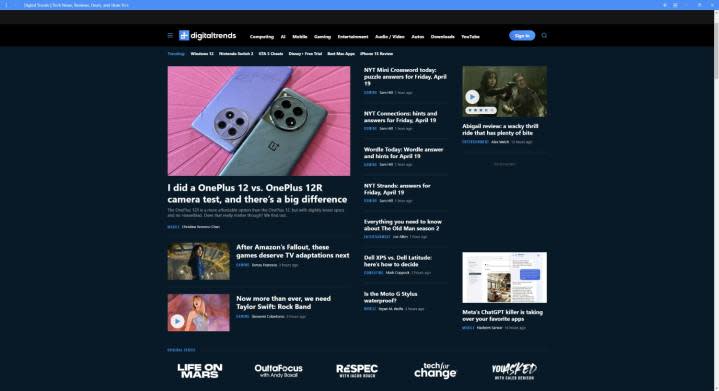
Over time, even the best browsers can become bloated with feature creep, going from sleek and speedy to slow and sluggish. If you’re sick of this kind of drag, give Min a try. It doesn’t get simpler than this one.
As its name suggests, Min is all about minimalism. It pares back the unnecessary cruft from your browsing experience, leaving you with an app that gets out of the way and lets you surf the web in peace.
Most of the time, the only interface element you’ll see is the tab bar, enabling the webpage you’re on to expand and fill your screen. Tabs and browsing sessions can be grouped by task to help you stay organized, and Min uses DuckDuckGo’s private search and blocks ads and trackers by default. It’s a different way to browse, but one a lot of people will appreciate.

